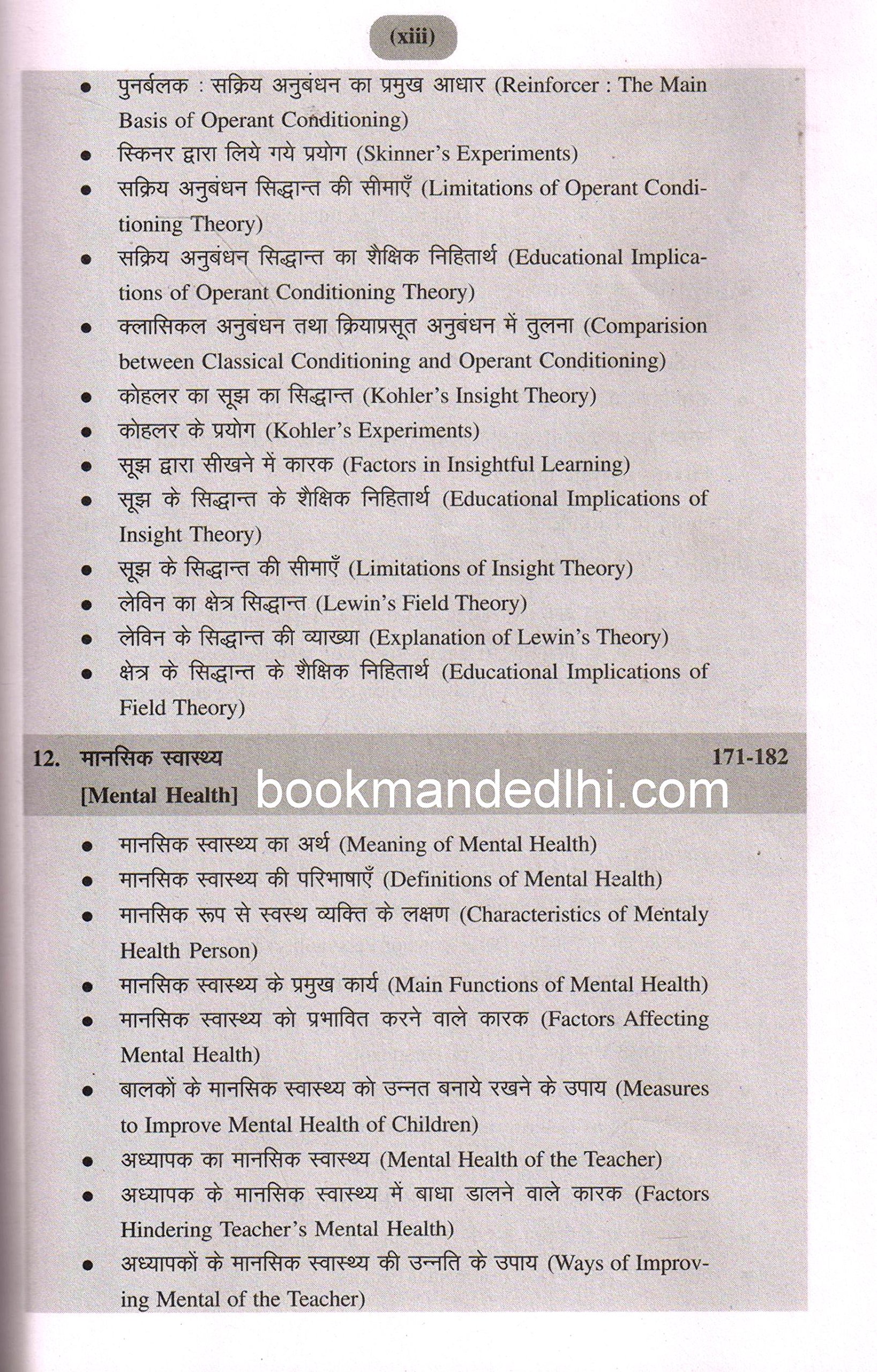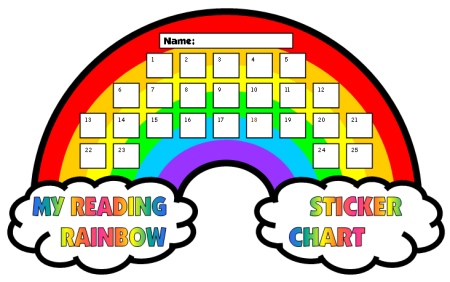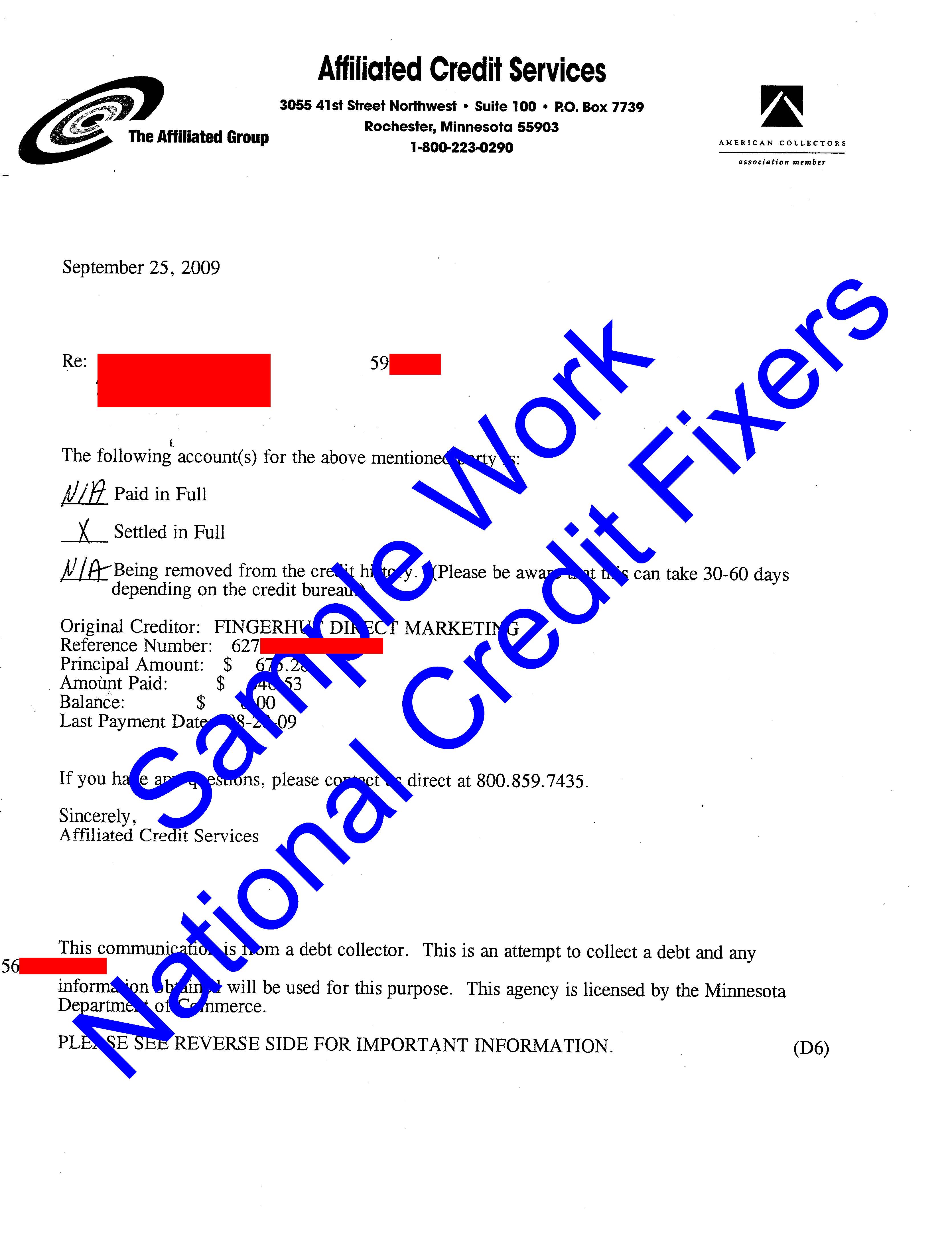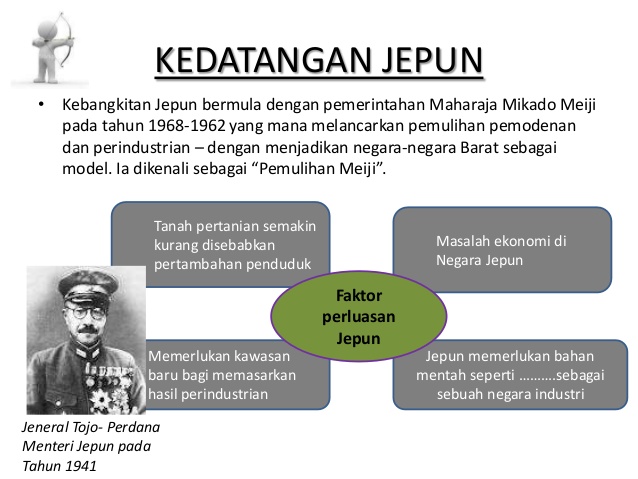Speech Disorders: Causes, Signs, and Diagnosis.
WebMD Symptom Checker helps you find the most common medical conditions indicated by the symptoms repeats phrases, repetitive behaviors and unusual behavior including Autism, Epilepsy (temporal lobe), and Depression (Adult). There are 13 conditions associated with repeats phrases, repetitive behaviors and unusual behavior.Dementia is chronic loss of cognition, usually affecting memory, and Alzheimer's causes 50 to 80 percent of dementia cases. There are many other causes of memory loss, including vitamin B12.Palilalia is a speech tic that is characterized by a child’s instant repetition of words that he or she had used in conversation. Often, the repeated words are said in a whispered or mumbling tone. A child who uses palilalia may say, “I want to go to the store” and then immediately whisper, “go to the store.”.
Repetitive motion disorders (RMDs) are a family of muscular conditions that result from repeated motions performed in the course of normal work or daily activities.A repetitive speech disorder resulting from infarcts in the paramedian thalami and the midbrain is reported. Although the speech disorder seemed like stuttering, the compulsive repetitions, constant rate and monotonous tone were not associated with ordinary stuttering.

Autism spectrum disorder (ASD) is a developmental disability that can cause significant social, communication, and behavioral challenges. The term “spectrum” refers to the wide range of symptoms, skills, and levels of impairment that people with ASD can have. ASD affects people in different ways and can range from mild to severe.












